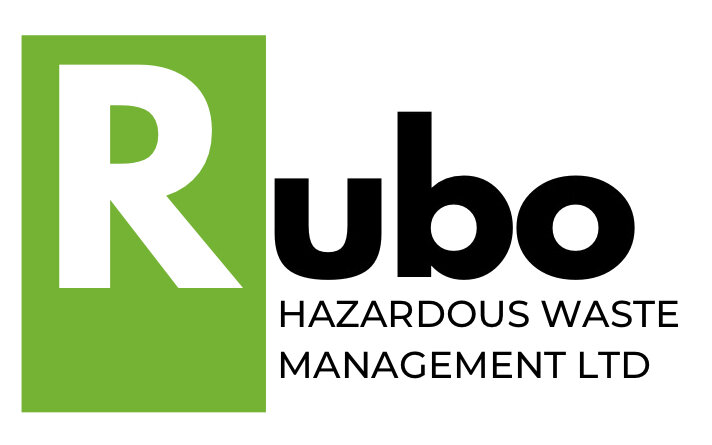Navigating Responsibility: Understanding the Waste Duty of Care Code of Practice
Amid the tapestry of waste management regulations, the Waste Duty of Care Code of Practice shines as a beacon of responsibility. In this blog post, we embark on an illuminating journey through the intricate landscape of waste management, exploring the significance of the Waste Duty of Care Code of Practice. Join us as we unravel the threads of compliance, ethics, and environmental stewardship that form the fabric of responsible waste handling.
Deciphering the Waste Duty of Care Code of Practice:
The Waste Duty of Care Code of Practice isn't just a legal guideline; it's a pact of integrity. This code underscores the obligation of businesses, from generators to handlers, to ensure that waste is managed responsibly and ethically throughout its lifecycle.
Essential Tenets of the Waste Duty of Care Code:
Proper Documentation: The code emphasizes the importance of accurate waste transfer notes, tracking waste from its origin to its destination, and ensuring transparency and accountability.
Competence and Knowledge: Handlers must possess the expertise to manage waste safely, minimizing risks to human health and the environment.
Verification of Waste Destinations: Businesses must verify that their waste goes to authorized and appropriate facilities, avoiding illegal dumping or improper disposal.
Fostering a Culture of Responsibility:
The Waste Duty of Care Code of Practice isn't merely a compliance checklist; it's a commitment to environmental guardianship. Adhering to its principles fosters a culture of responsibility where businesses prioritize transparency, ethical waste handling, and pollution prevention.
Championing Environmental Integrity:
Preventing Environmental Harm: By adhering to the code, businesses play an active role in preventing harm to ecosystems, water bodies, and air quality.
Mitigating Illegal Activities: The code acts as a shield against illegal waste activities, safeguarding the environment from the repercussions of unscrupulous waste management practices.
Promoting Circular Economy: Responsible waste management aligns with circular economy principles, where waste becomes a resource for future use.
Our Pledge to Responsible Waste Management:
At Rubo - Hazardous Waste Management Ltd, the Waste Duty of Care Code of Practice resonates deeply. We're committed to guiding businesses in honouring their duty of care, ensuring that waste management is synonymous with environmental protection.
Guiding Businesses Towards Responsibility:
For those seeking to harmonize their operations with the Waste Duty of Care Code of Practice, our expertise is at your disposal. Contact us to bridge the gap between compliance and environmental ethics.
